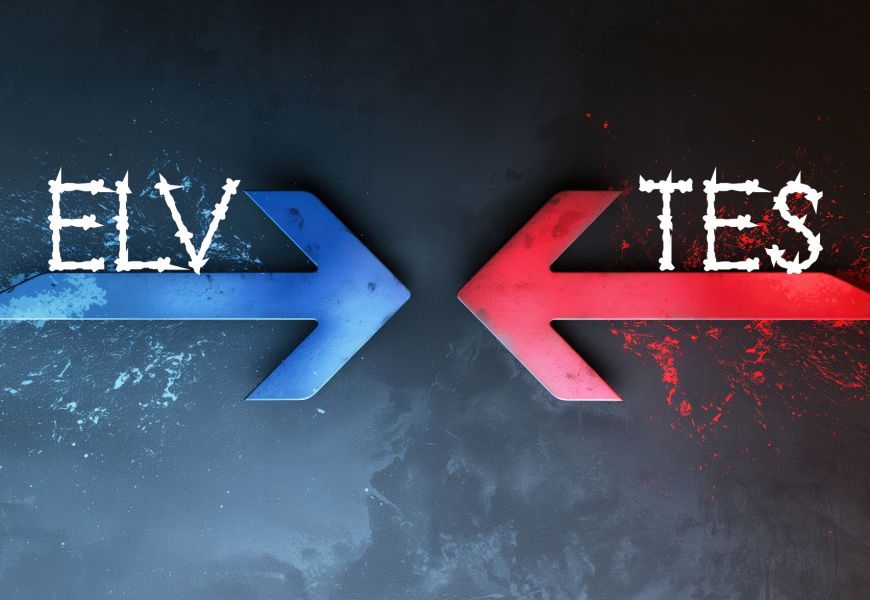Introduction
In the modern world of smart living and automation, the term ELV —
Extra Low Voltage — has become a game-changer in how buildings are powered and secured. But how exactly does ELV differ from traditional electrical systems, and why is it gaining popularity in the UAE's smart infrastructure? Let’s explore the main differences and why your next project should consider ELV.
1. Voltage Levels and Application
Traditional electrical systems typically use high voltage (220–240V in UAE homes), powering heavy appliances and lighting. In contrast, ELV systems operate below 50V AC or 120V DC — ideal for communication, control, and low-power devices like CCTV, access control, and fire alarms.
2. Purpose and Functionality
ELV systems are not designed to power heavy equipment. Their main role is to enable smart technologies, such as automation, security, and audiovisual systems, while keeping energy consumption and risk low.
3. Safety Standards
Because ELV systems run at significantly lower voltage, they pose less electrical hazard to both people and property. This makes them especially suitable for schools, hospitals, and residential villas.
4. Smart Integration
ELV is the backbone of smart buildings. It supports systems like lighting control, video intercoms, Wi-Fi, and AV distribution — all integrated under one unified platform.
5. Cabling and Infrastructure
ELV cabling is lighter, more flexible, and often separate from the main power circuits. This allows for easier maintenance, system upgrades, and structured cabling designs ideal for modern buildings.
6. Energy Efficiency
Lower power means lower energy bills. ELV systems are optimized for sustainability and reduce unnecessary energy usage across smart-enabled spaces.
7. System Scalability and Customization
Need to expand your smart home or office? ELV makes it simple to add new modules like smart lighting, surveillance, or automation controls — without redoing your entire electrical setup.
8. Compliance and Industry Growth
With building codes in Dubai and Abu Dhabi increasingly favoring smart tech and safety, ELV systems are now a standard in modern construction and retrofits.
Conclusion
Traditional electrical systems still power your appliances — but ELV is what makes a home truly smart. From automation to security and communication, ELV provides a safe, scalable, and energy-efficient backbone for intelligent living.
At Home Hunters, we specialize in smart ELV design and installation for villas, offices, and smart buildings across the UAE. Let us future-proof your space.
Ready to upgrade your systems? Contact Home Hunters today for a free consultation.
